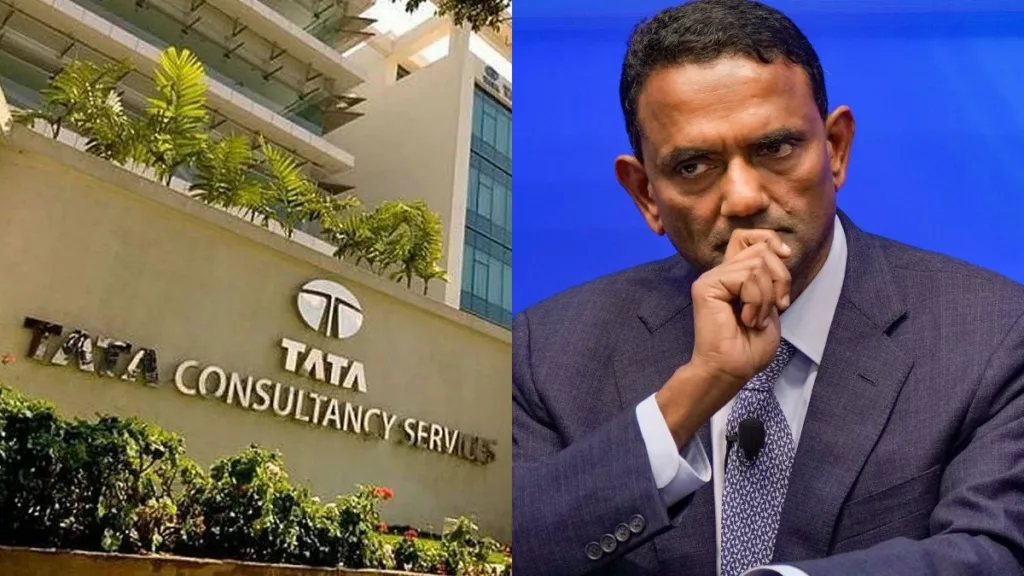Tata Consultancy Services (TCS), India’s largest IT services firm, is set to lay off approximately 2% of its global workforce this year, totaling around 12,261 employees. This decision, primarily impacting senior and middle-level staff, was described by TCS CEO K Krithivasan as a “hard but necessary reckoning.”
However, Krithivasan refuted claims that artificial intelligence (AI) was the primary reason for these job cuts. “This is not because of AI giving some 20 per cent productivity gains,” Krithivasan told Moneycontrol. Instead, he attributed the layoffs to “skill mismatch” or situations where the company has “not been able to deploy someone.”
Krithivasan clarified that the layoffs would be implemented gradually over the fiscal year 2026 and would not be confined to any specific geography or domain. He assured that the process would be handled “in a very, very compassionate way.”
Despite Krithivasan’s statement, the company’s official announcement regarding the move partially attributed the decision to AI. The statement noted, “TCS is on a journey to become a Future-Ready organisation. This includes strategic initiatives on multiple fronts, including investing in new-tech areas, entering new markets, deploying AI at scale for our clients and ourselves, deepening our partnerships, creating next-gen infrastructure, and realigning our workforce model.” It further added that “reskilling and redeployment initiatives have been underway,” and that as part of this journey, “we will also be releasing associates from the organisation whose deployment may not be feasible. This will impact about 2 per cent of our global workforce, primarily in the middle and the senior grades, over the course of the year.”
These job cuts at TCS come approximately 30 months after the introduction of ChatGPT, which raised concerns about the traditional business model of India’s IT giants, heavily reliant on large workforces. Just two weeks prior, HCL Technologies Ltd, India’s third-largest IT services firm, also hinted at potential layoffs as automation increasingly replaces work previously done by graduates.
Phil Fersht, chief executive of HFS Research, commented to HT that “The impact of AI is eating into the people-heavy services model and forcing the large service providers such as TCS to rebalance their workforces to maintain their profit margins and stay price competitive in a cut-throat market where clients are demanding 20-30% price reductions on deals.” Fersht believes this trend will continue for about a year as leading providers focus on training junior talent to work with AI solutions and are compelled to transition employees who may struggle to adapt to the new AI-driven service model.







